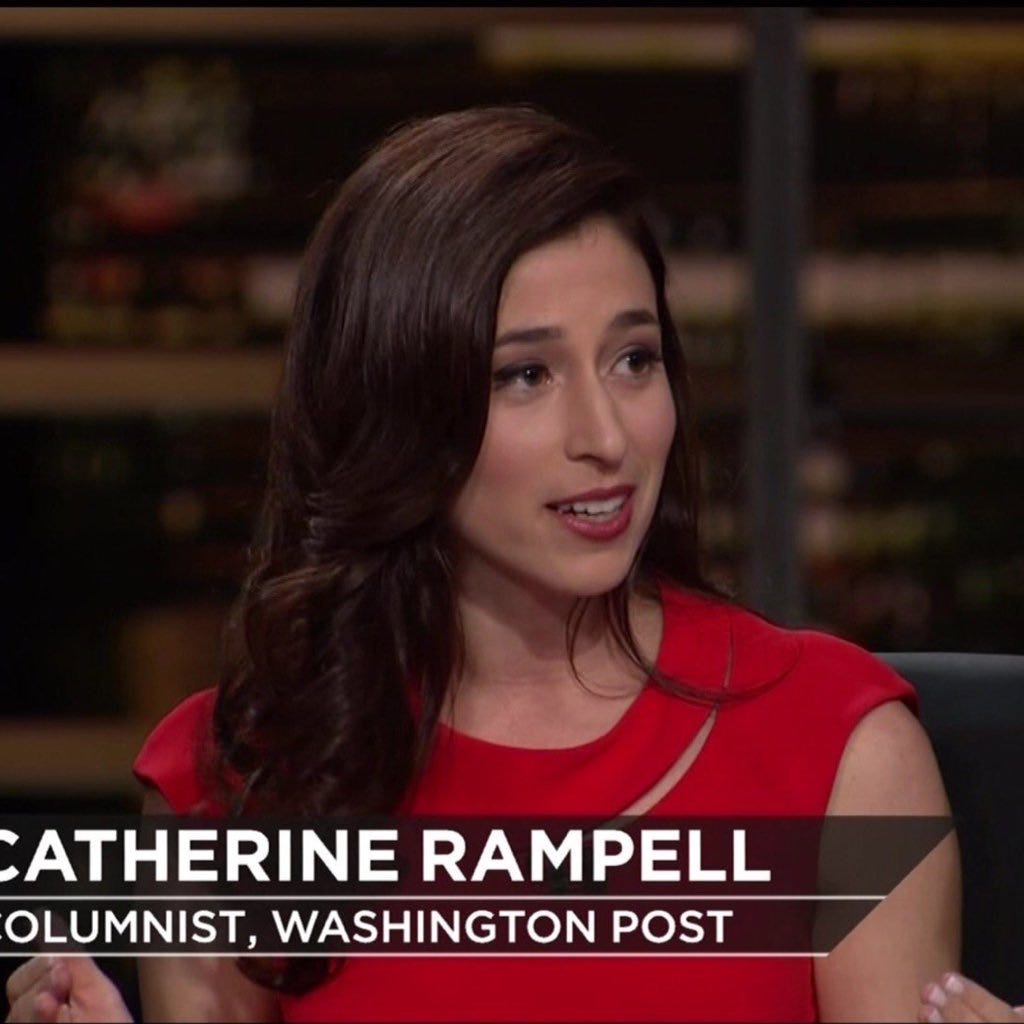When It Comes To The Democratic $3.5 Trillion Package, Washington Post Columnist Urges 'More Discussion About What’s in the Bill'
Even calling it a $3.5 trillion bill is "misleading," Catherine Rampell says
Even as Democrats continue to keep alive their goal of soon passing a sprawling spending package pegged at $3.5, a prominent Washington Post columnist would prefer to see the budget bill discussed — and approved — in very different ways.
Democrats, led by Senate Budget Committee Chairman Bernie Sanders (I-Vt), have assembled the large spending bill to accommodate massive federal investments in action on global climate change and other key areas of President Biden and the Democrats' agenda.
The bill is put together this way to move through the Senate on a budget process known as “reconciliation,” which protects it from Republican filibustering.
However, the fate of the legislation has been in jeopardy, when conservative Democratic Sen Joe Manchin pulled his support.
More recently, Democratic leaders announced a new “framework” to pay for the legislation, but it's still not clear if that will bring Manchin back aboard.
However, regardless, lawmakers are going about the bill the wrong way, according to Washington Post columnist Catherine Rampell.

Asked what about the legislation she would change, Rampell said, “There’s many things I would prioritize but the number one priority would be more discussion about what’s in the bill, as opposed to the top-line figure which itself is misleading of $3.5 trillion.
“There are good ways to spend a huge sum of money. There are bad ways to spend a huge sum of money. But the kind of media coverage we’ve been getting doesn’t really explore whether the kinds of things that are in this bill are meritorious or not,” she added. “I would love to see more people commenting about should we invest in childcare this way or paid leave that way or the climate. Instead, it’s the [dollar] number.”
Asked what's misleading about advertising it as $3.5 trillion, Rampell, a former economics journalist, replied, “It doesn’t represent anything. It’s a weird shorthand used but the bill itself will not cost $3.5 trillion in the sense it will be entirely paid for. So the actual cost will be smaller than that, perhaps zero, although I think that’s unlikely.
“It’s not even fully spending, it’s not even right to call it a $3.5 trillion spending bill because there’s probably a trillion dollars worth of tax cuts in it too,” she said. “It’s hard to boil down the essence of this legislation because it does so many things and they’re still negotiating over the basic parameters.”
The way that the legislation has evolved only points to how the Senate is broken, according to Rampell.
“It’s partly what you just mentioned, partly we no longer have majority rule in the Senate. In order to get anything through through a party line vote, which is what theoretically should happen when we have unified control of government by the Democrats, they have to cram everything into this one major piece of legislation, so-called reconciliation bill, whatever shorthand we use for it,” she said. “It has to cover all of the bases, or at least everything that can ostensibly get pushed into a budget bill.
“They have to do climate. They have to do paid leave. They have to do childcare. They have to do green energy tax credits for cars and things like that. They have to put everything into of legislation because they can’t do piecemeal, regularly ordered bills because it doesn’t work that way anymore,” Rampell added.
Do you find this post of value?
Please share it…



